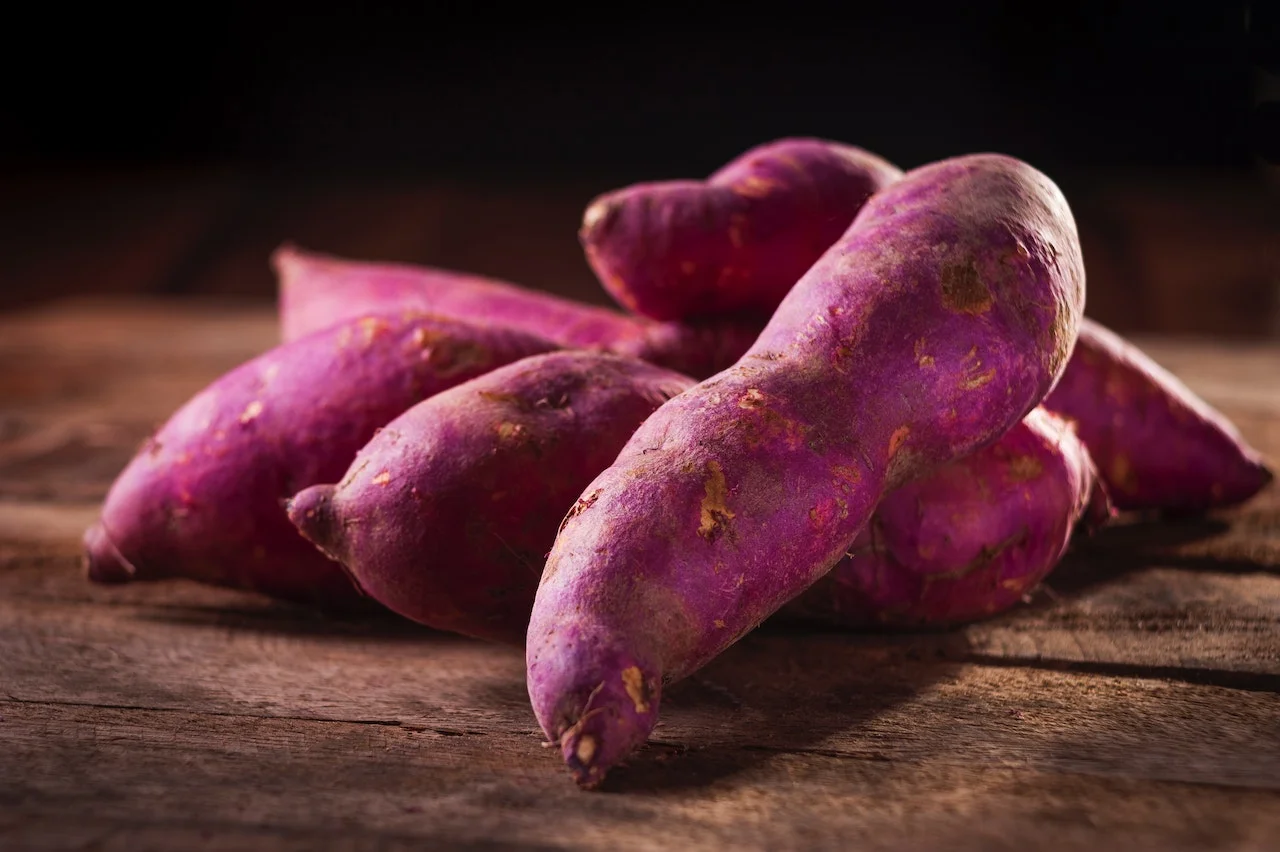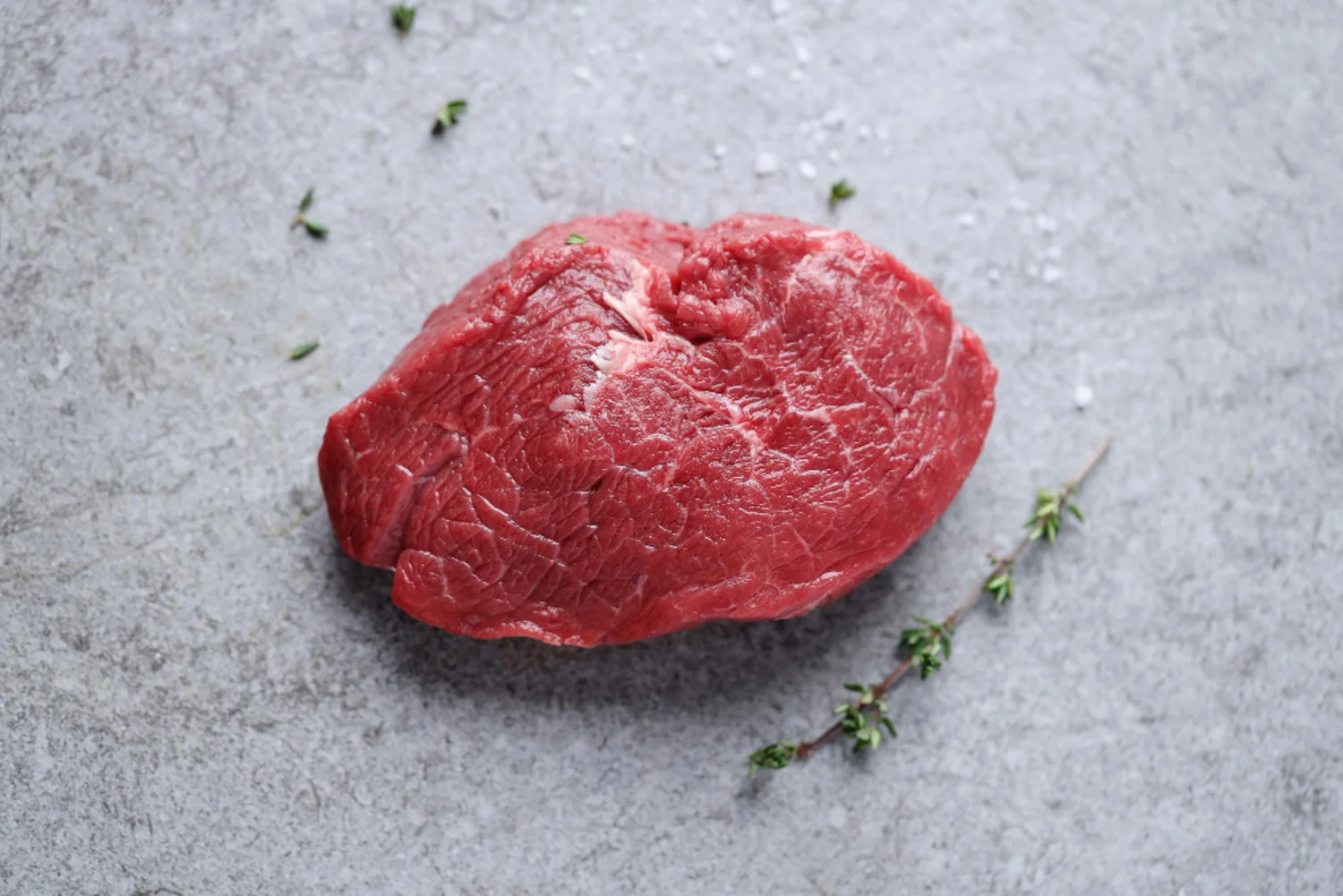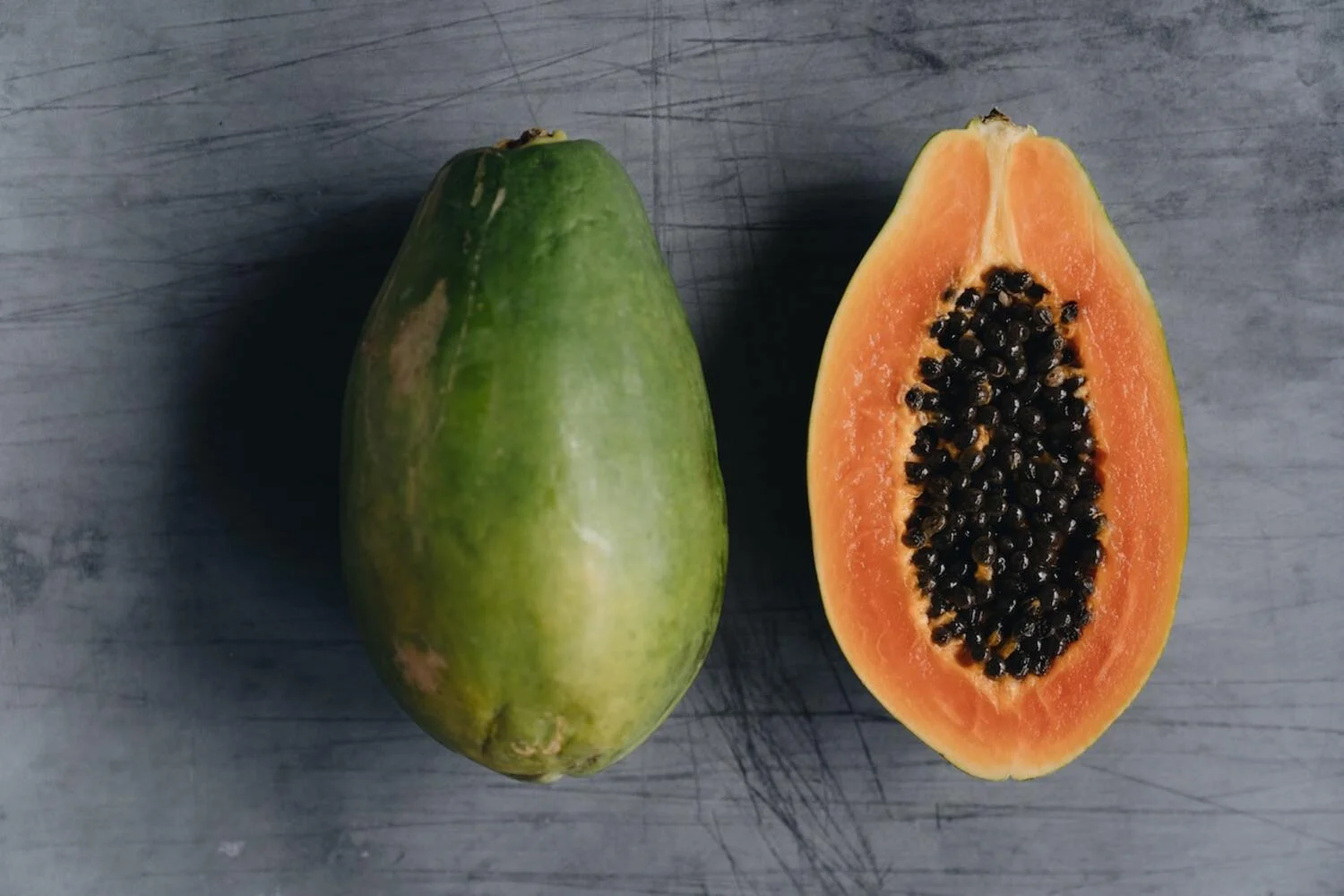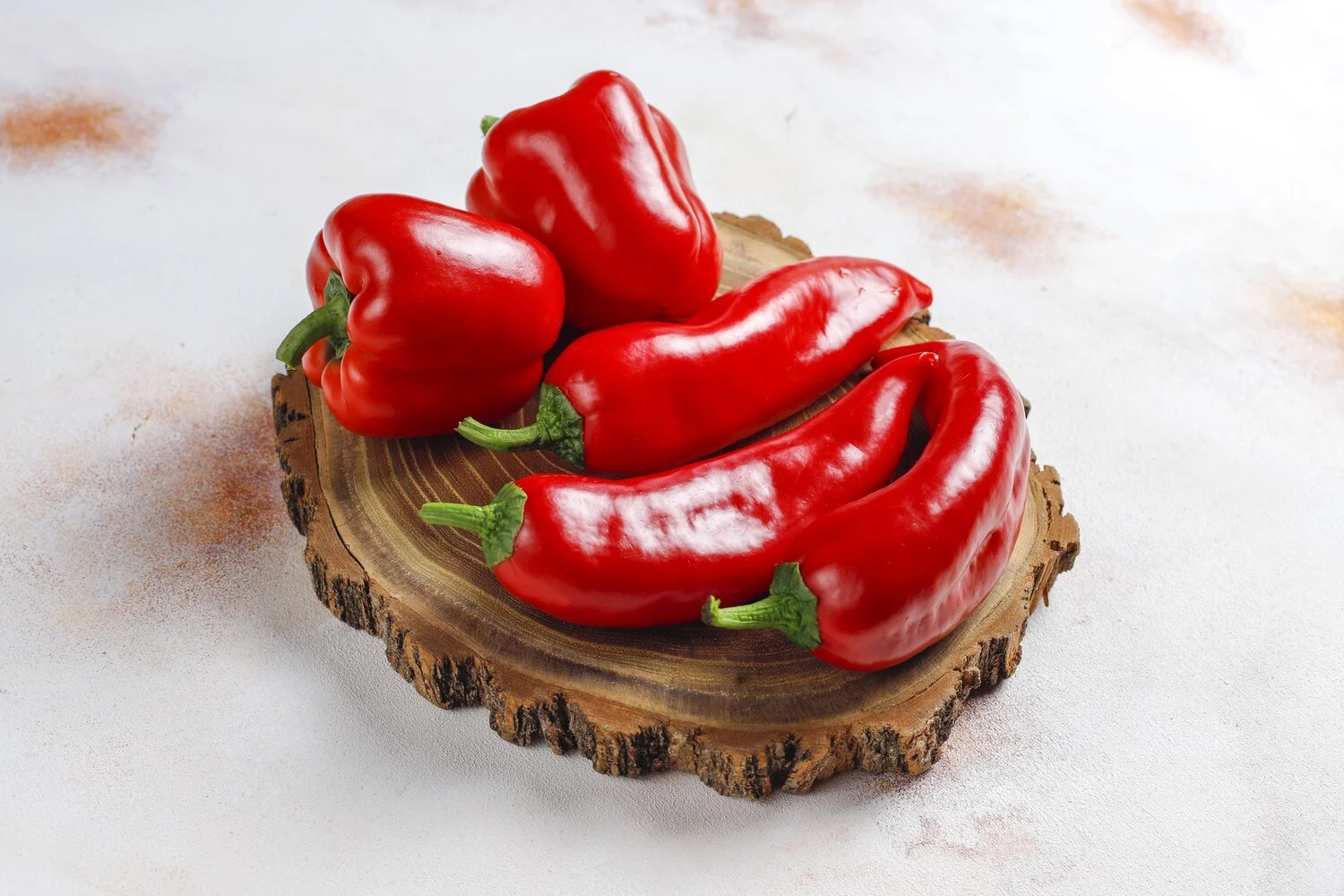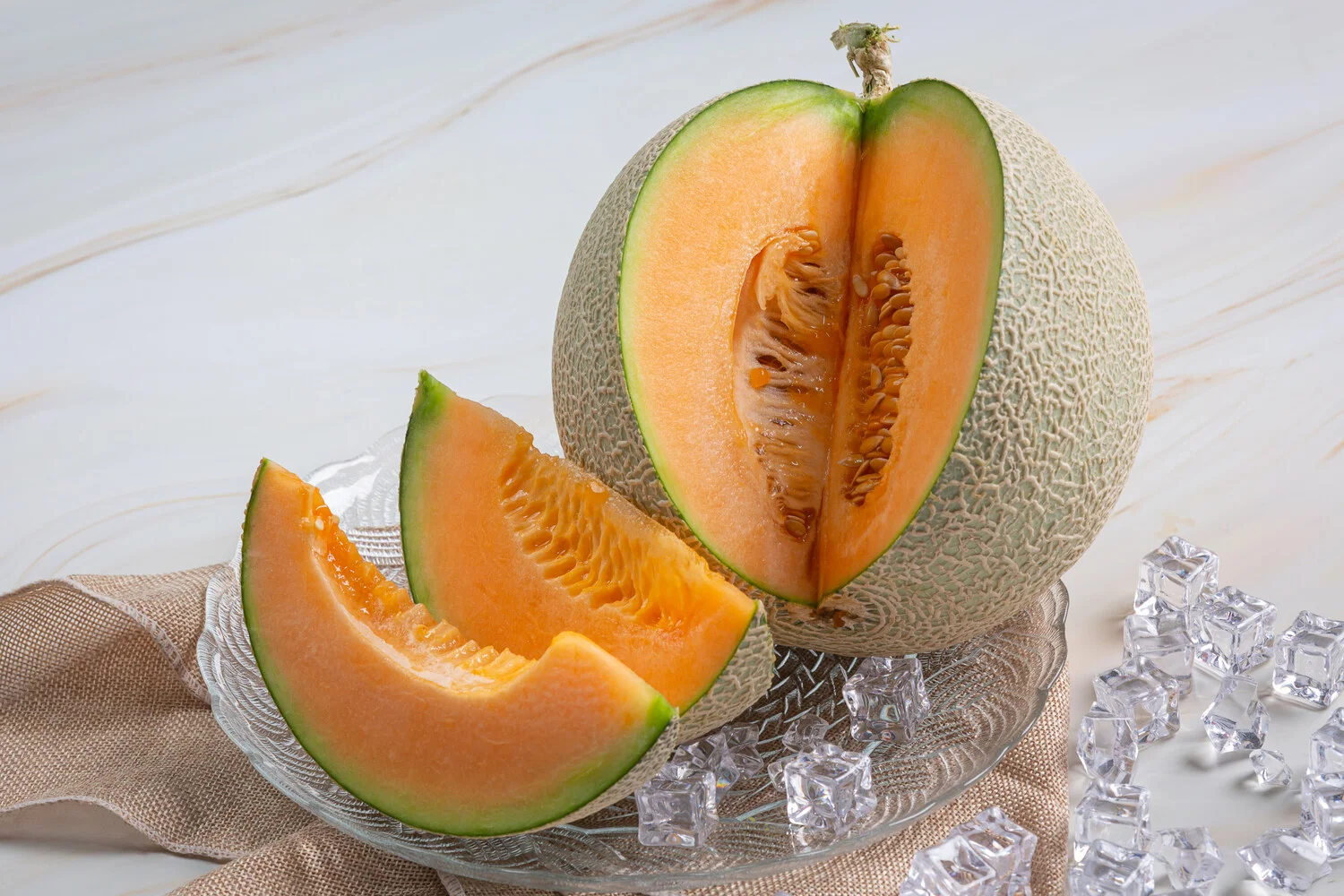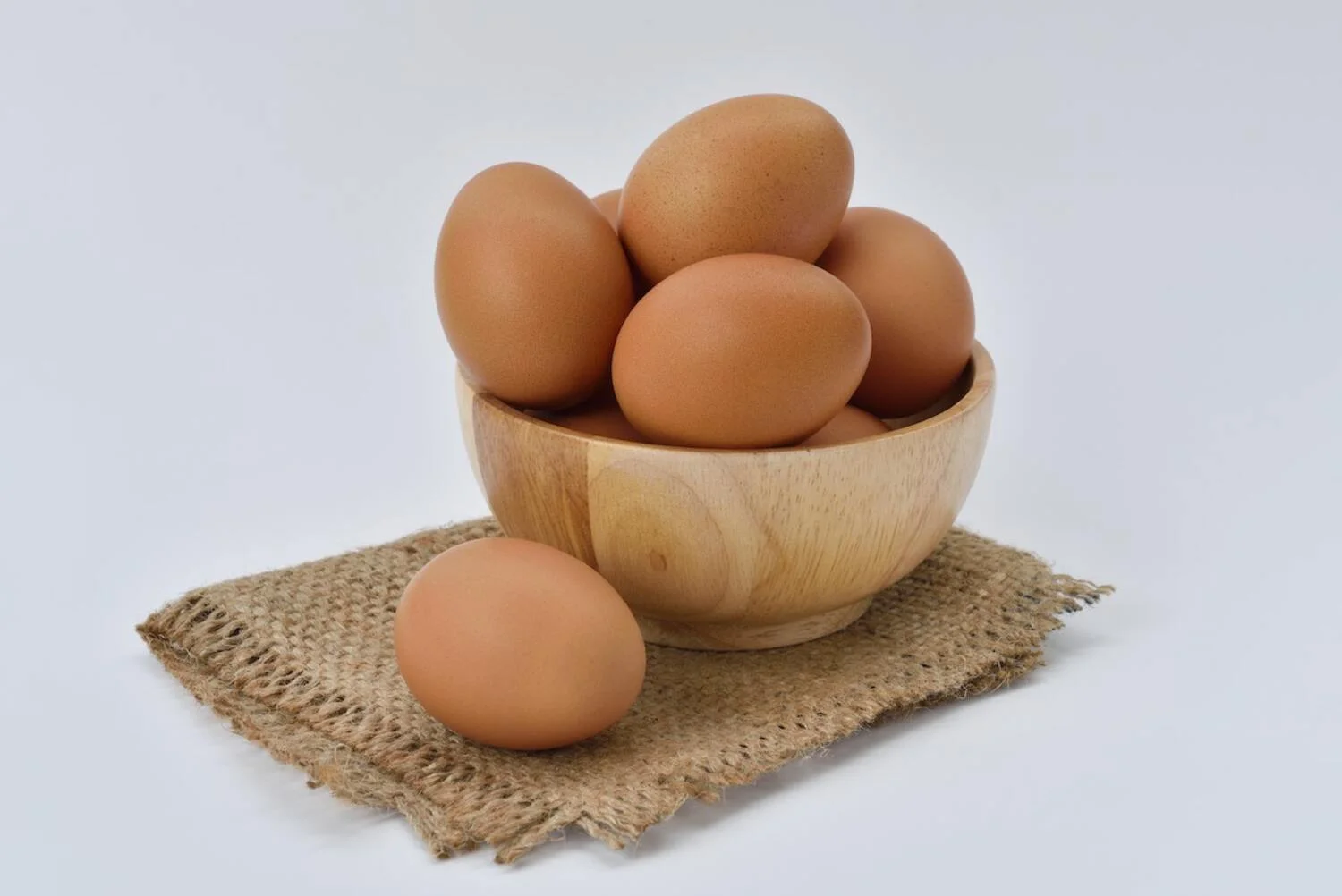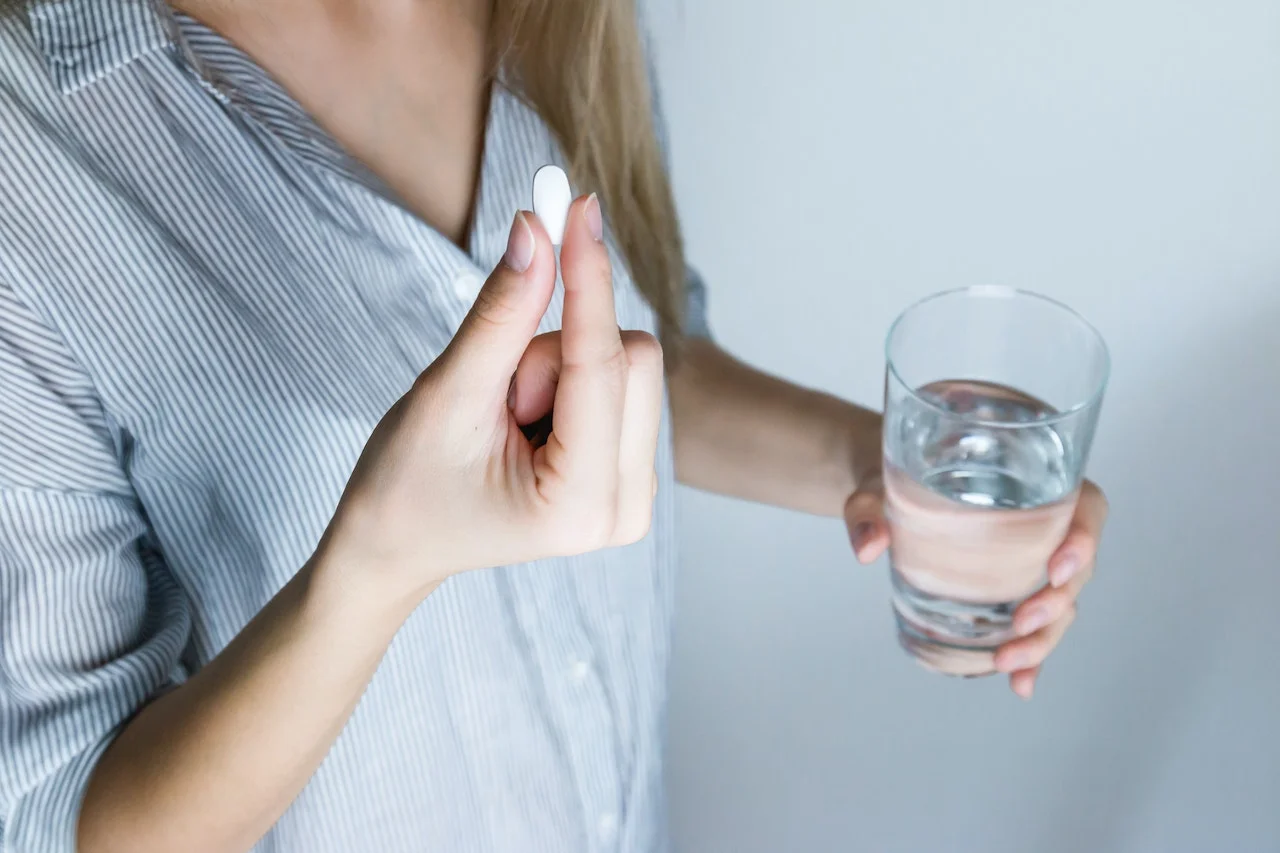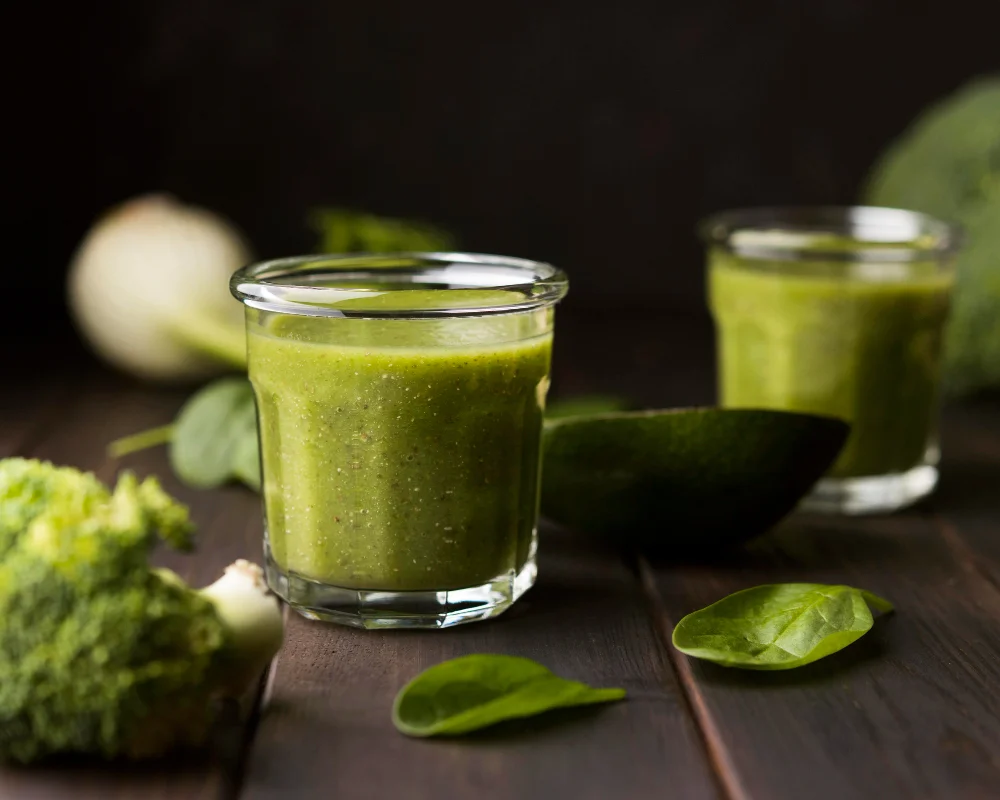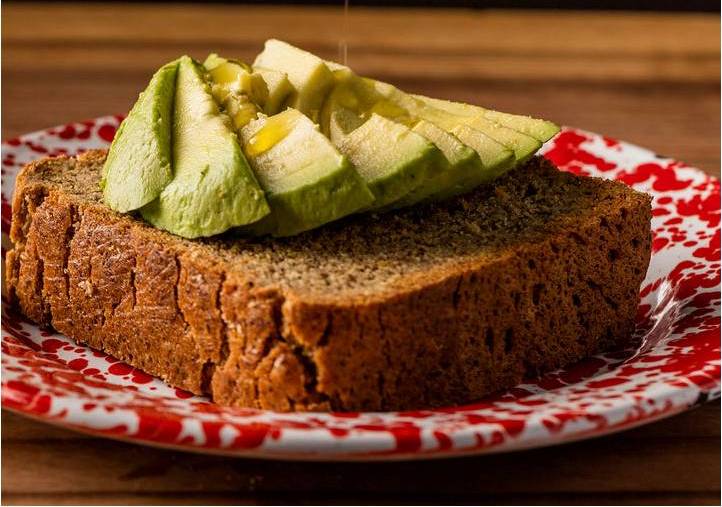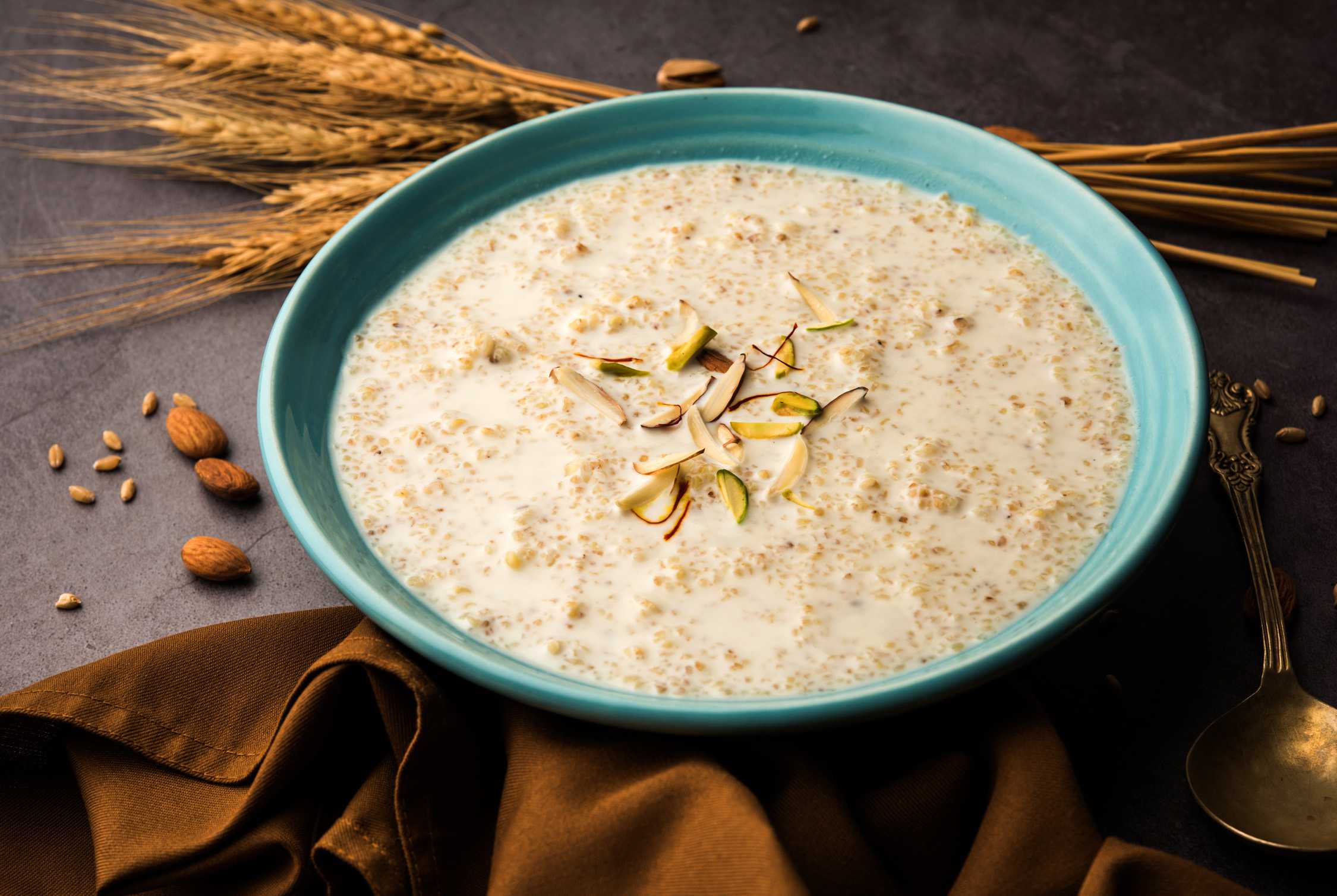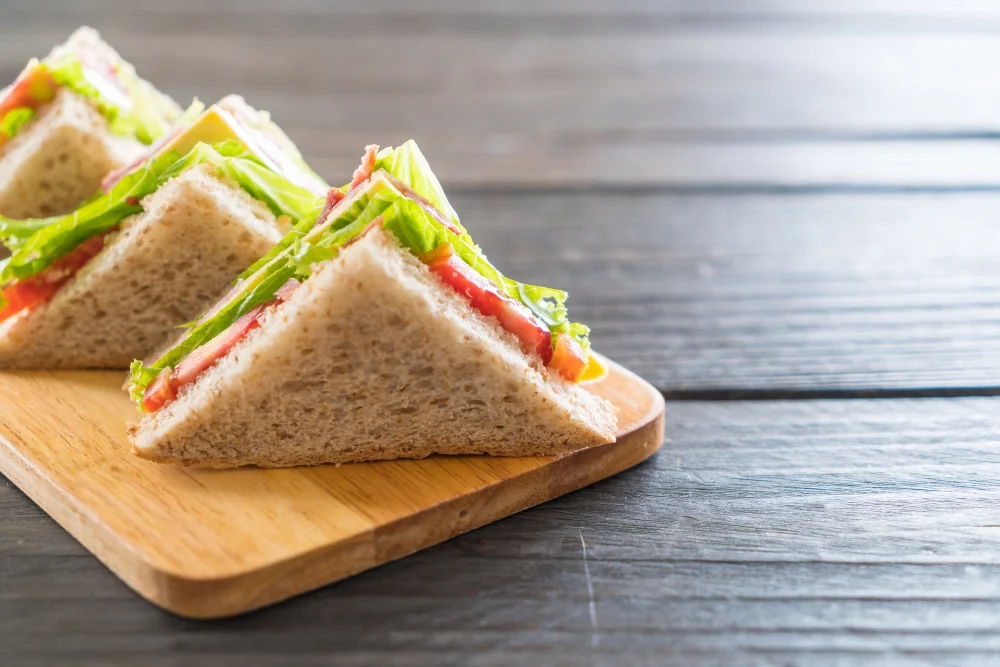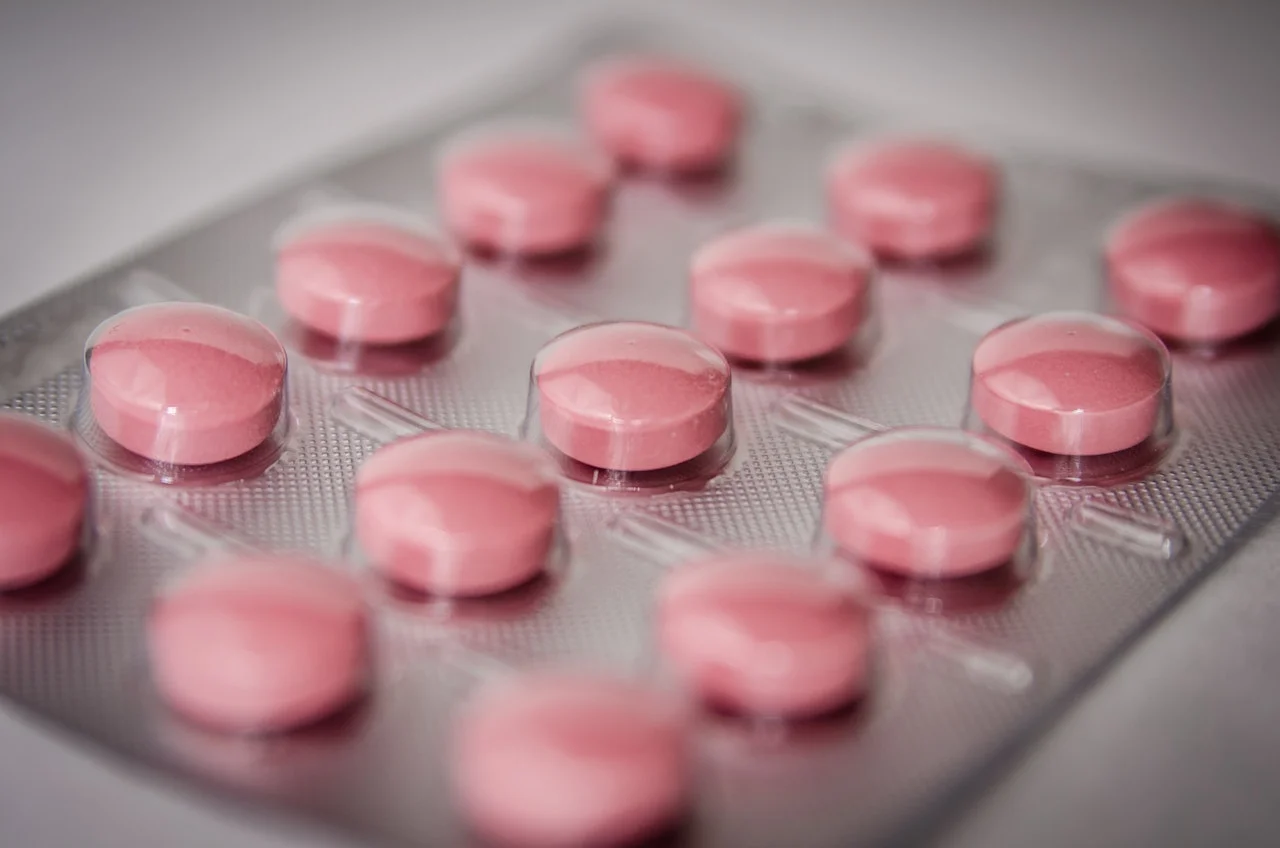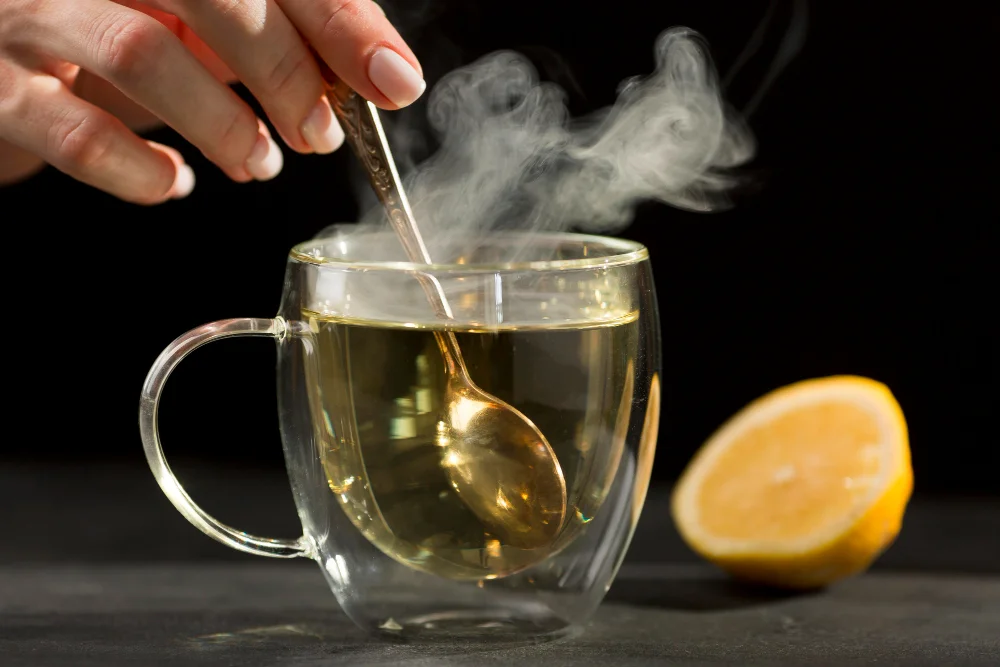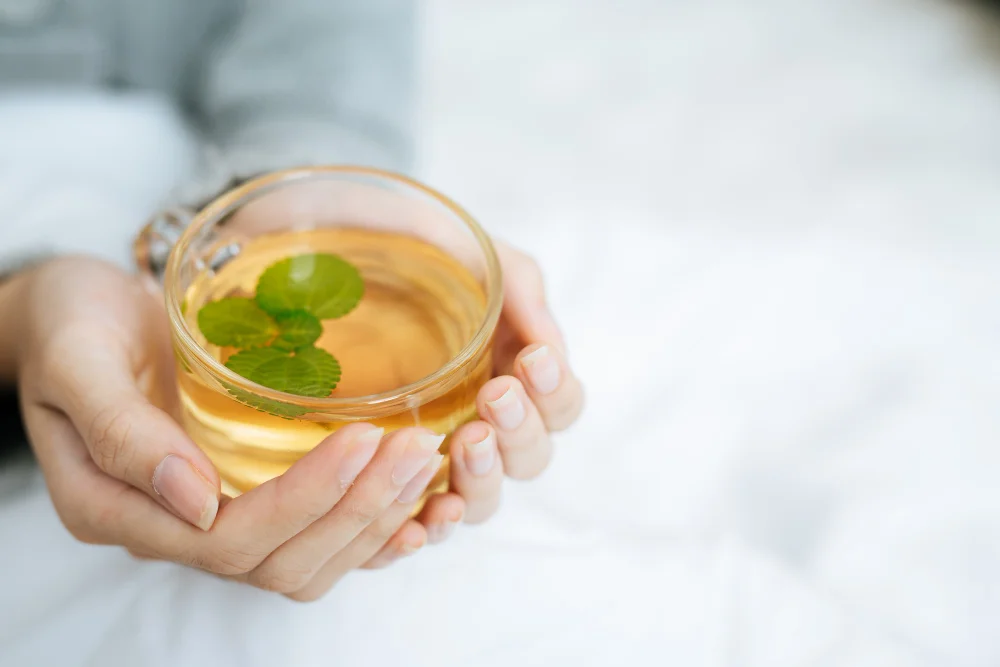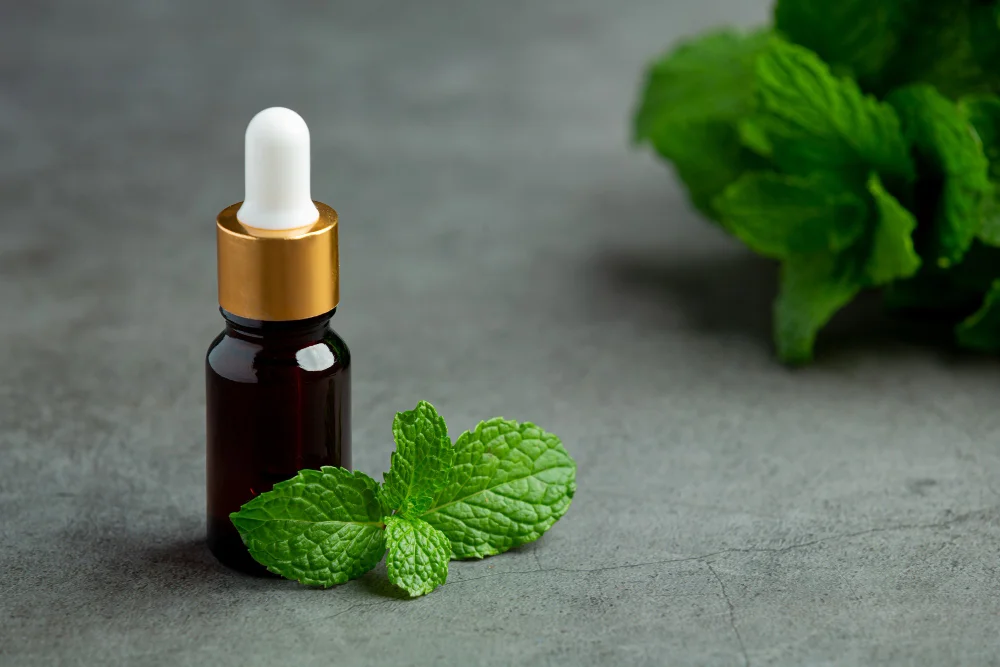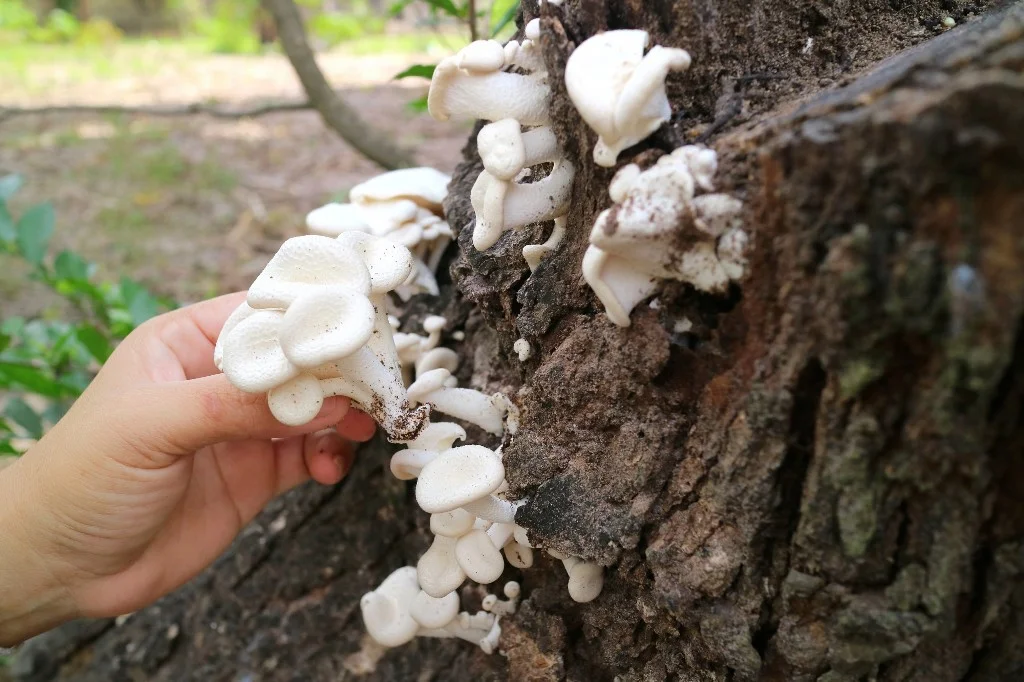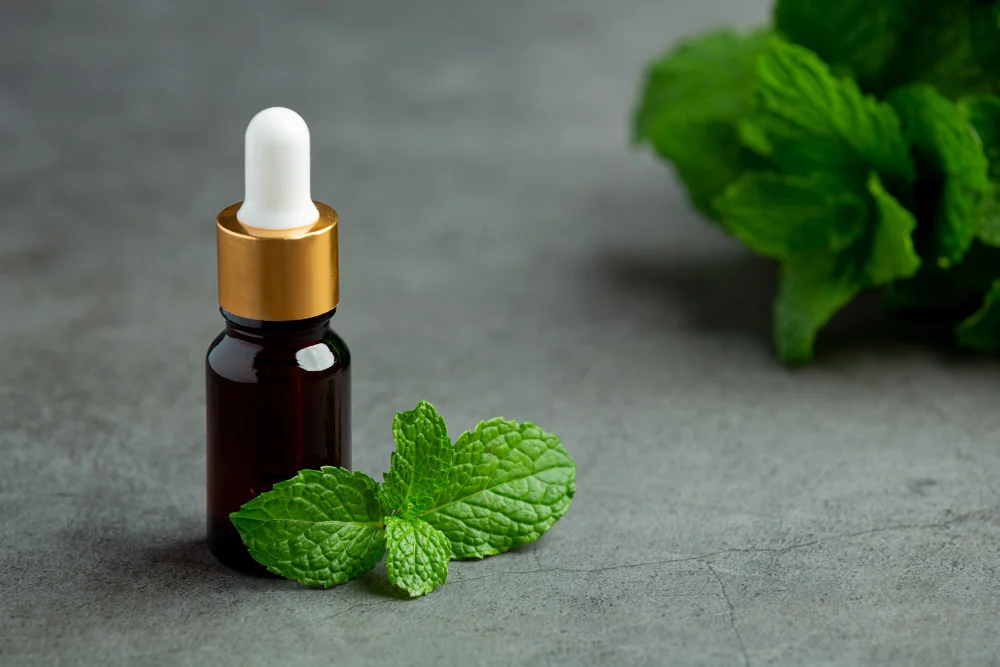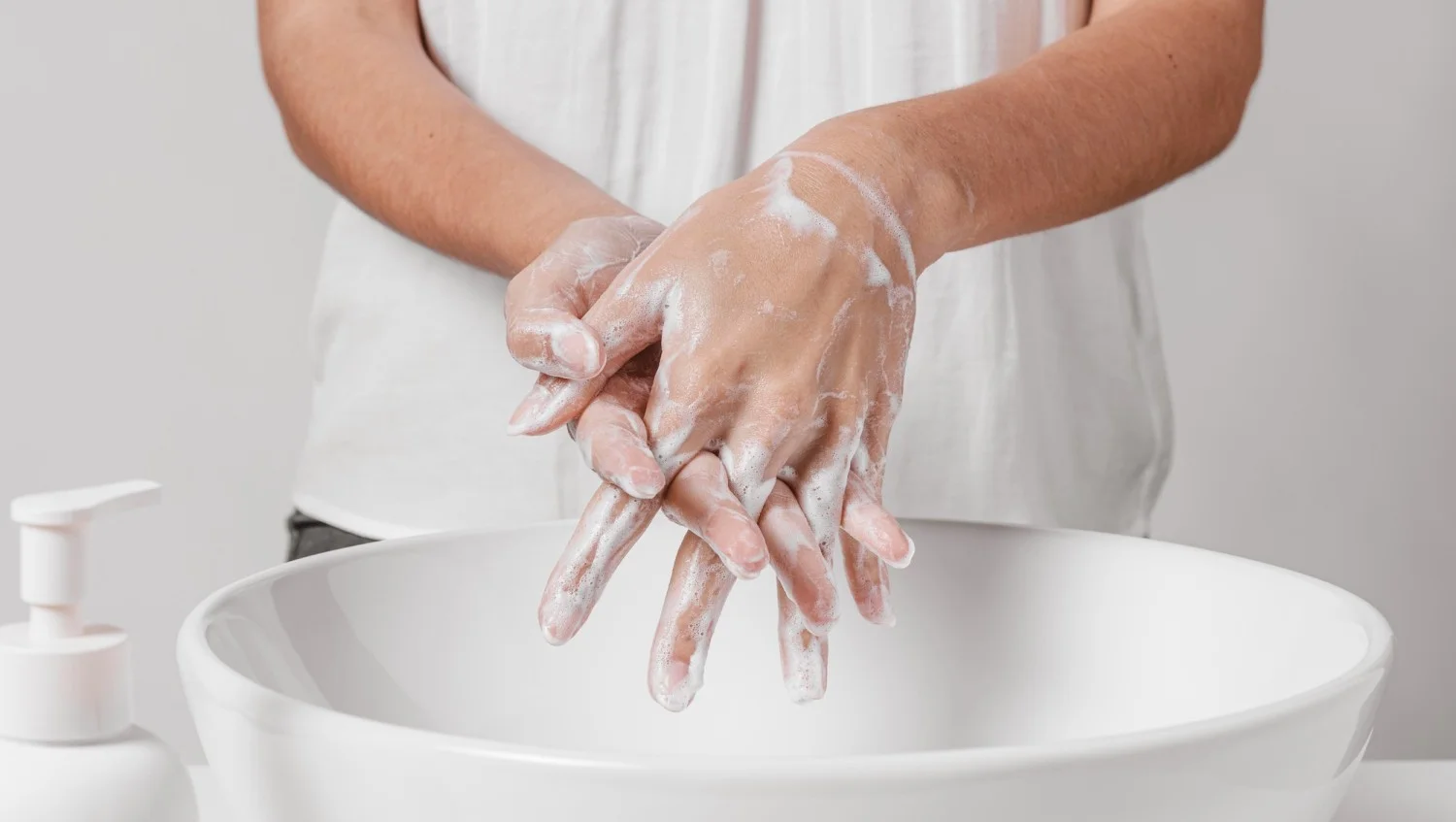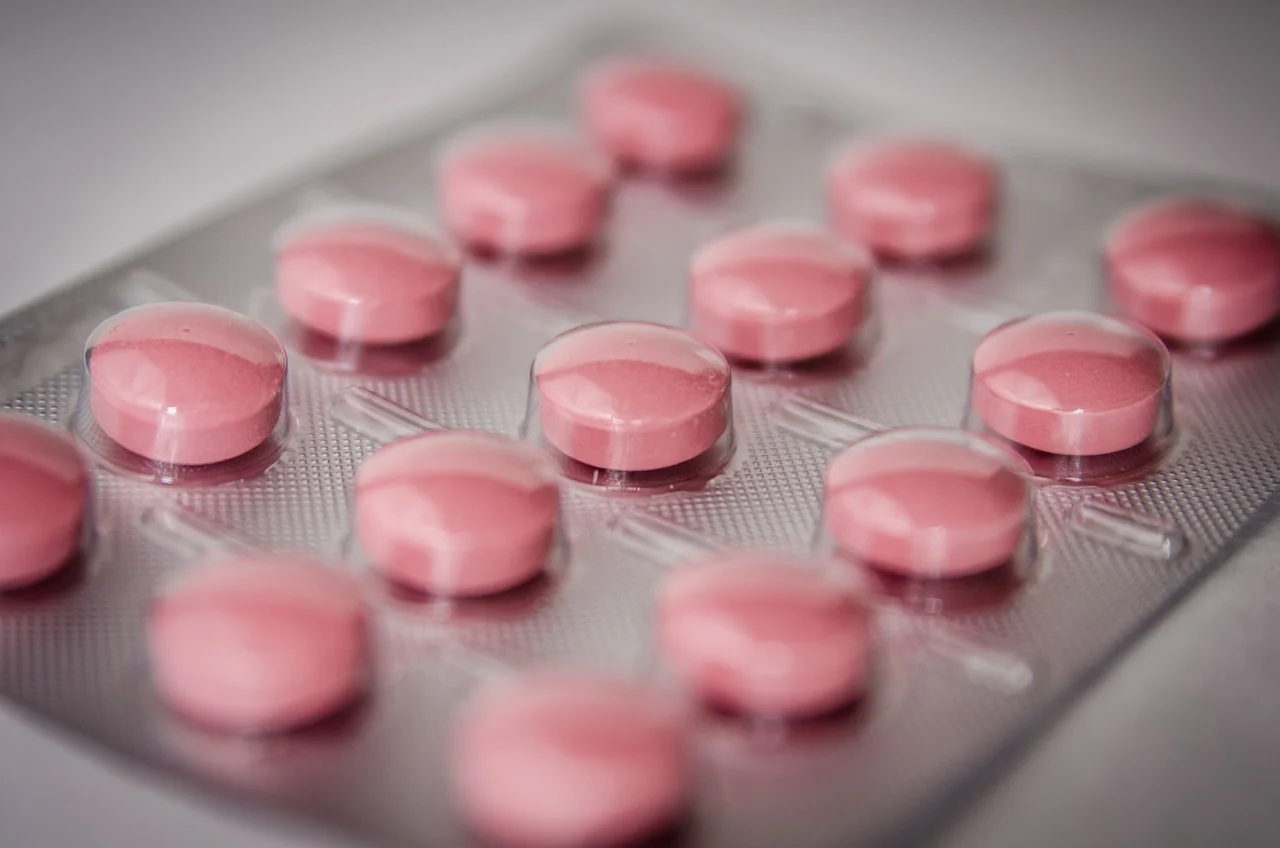Is your baby suddenly waking up more often at night? Don’t worry—this is called sleep regression in babies, a normal part of early development. Around 4 months, babies’ sleep patterns often change as their brains grow and develop new skills.
This phase can be challenging for parents, but it’s actually a sign of healthy progress. By understanding why it happens and using simple strategies, you can help both your baby and yourself get better sleep during this important stage.
In this article, we will cover:
- What sleep regression is and why it happens
- How to fix your baby’s sleep regression
- Myths vs. Facts About Sleep Regression
- A real parent story to show you’re not alone
- Practical tips for parents to manage this phase
Sleep Regression is Not What You Think It Is
While the word “regression” might makes it sound like a step backward, these phases actually reflect positive growth and developmental milestones. Think of it not as a “regression” but as a “progression.” At this stage, your baby’s brain is so busy learning new skills that it can’t fully switch off at night (PMC-2017).
Newborns often have sleep struggles in the first few months. From birth to about 3 months, they sleep in short stretches of 2–4 hours, both day and night. Their sleep cycles are still immature, so frequent waking is completely normal (PMC-2011 & 2009).
By around 3–4 months, their sleep usually starts to stabilize. However, many parents experience challenges like 4-month sleep regression when the baby begins rolling over.
Its Common Signs & Symptoms
- Waking multiple times at night
- Short or skipped naps
- Difficulty falling asleep even when tired
- Increased fussiness or irritability
- Restlessness or tossing and turning
- Daytime sleep disruptions or shorter naps
- Increased need for comfort or extra feeding
- Difficulty settling down at bedtime
💡 Important: Sleep regression is not a medical problem; it is a normal developmental phase that is proof of your baby’s growth. It requires understanding and patience, not worry.
How Long Does Sleep Regression Last?
This is the question every exhausted parent wants answered. Typically, sleep regression lasts 2–6 weeks.
The duration depends on your baby’s temperament and how consistent you are with your routine. Remember, it’s not forever.
The goal is to get through this phase with your sanity intact and help your baby establish healthy sleep habits for the long run.
The Real Reasons Your Baby Is not Sleeping (And Why It’s a Sign of Progress!)
If you’re wondering, ‘Why is my baby not sleeping?’ take heart—these night wakings are actually positive signs of your baby’s brain developing and growing new skills. Each change in sleep is a small sign of progress.
Here are some common reasons behind these temporary sleep disruptions:
Developmental Milestones (A New Skill!)
As babies grow, their brains and bodies are learning new skills—rolling over, crawling, standing, walking, and even talking.
These exciting developments can temporarily disrupt sleep as your little one practices and explores their new skills, often at night. Each milestone is a clear sign of development.
Growth Spurts (They’re Growing So Fast!)
Periods of rapid growth can increase hunger, discomfort, and fussiness, making it harder for your baby or toddler to settle down. Extra feeds and comforting routines can help them through these phases, which are a natural sign of healthy growth and development.
Teething (A New Tooth!)
Teething can cause pain, irritability, and restlessness, especially at night. But every tiny tooth pushing through is a visible sign of positive growth in your baby’s journey.
Illness or Discomfort (A Need for Extra Comfort)
Common illnesses like colds, ear infections, or fevers can disrupt sleep. Even mild discomfort may cause your baby or toddler to wake frequently for comfort, reassurance, or extra feeding, another sign of healthy devlopment.
Environmental Changes
Travel, new sleeping arrangements, or overstimulation before bedtime can affect sleep. Adjusting and adapting to these changes is another sign of flexibility and development.
Separation Anxiety (A Sign of Your Strong Bond)
As babies become more aware of their surroundings, they may wake up at night seeking comfort, connection, and reassurance from a parent or caregiver, another sign of emotional growth and a strong attachment.
Baby Sleep Regressions Month-by-Month (0–12 Months): Signs, Causes & Duration

Here’s a comprehensive month-by-month guide to what you can expect during your baby’s first year of sleep.
0–3 Months: Newborn Sleep Changes
Common Signs: Frequent waking every 2–3 hours, irregular sleep cycles, shorter naps.
Causes: Rapid growth, immature circadian rhythm, feeding needs.
Duration: Usually a few weeks, less structured than later regressions.
4 Month Sleep Regression
Timing : Around 3.5–5 months
Common Signs: Frequent night waking, short naps and difficulty settling back to sleep.
Causes: Maturing sleep cycles, increased awareness of surroundings, growth spurts and increased activity, and sensitivity to sounds or lights.
Duration: 2–6 weeks
Read More: 4-Month Sleep Regression Survival Guide
6 Month Sleep Regression
Timing: Around 5.5–7 months
Common Signs: Fussiness during bedtime, frequent night waking and short or disrupted naps.
Causes: Teething discomfort, practicing new motor skills (rolling, crawling), developmental milestones and cognitive leaps and changes in daily routine or environment.
Duration: 2–4 weeks
Read More: Your 6-Month Sleep Regression Roadmap
8–10 Month Sleep Regression
Timing: Around 7.5–10 months
Common Signs: Clinginess and separation anxiety, resistance to naps or bedtime and more frequent night waking.
Causes: Increased awareness of parents’ absence, learning to crawl, pull up, and stand, teething and discomfort and cognitive and sensory development.
Duration: 2–6 weeks
12 Month Sleep Regression
Timing: Around 11–13 months
Common Signs: Fighting naps, bedtime struggles and waking up more often at night
Causes: Learning to walk and developing new skills, growth spurts, curiosity and desire to explore and separation anxiety and nap transitions.
Duration: 2–4 weeks
How to Fix Sleep Regression: Your Practical Toolkit
Here are practical strategies for parents (PMC-2009):
Maintain a Consistent Bedtime Routine
A predictable routine is your best friend. A warm bath, a gentle massage, feeding and a lullaby signal to your baby that it’s time to wind down. Stick to the same order and time every single night.
Bath → Massage → Feeding → Lullaby → Sleep
Encourage Self-Soothing
- Place your baby in the crib when drowsy but awake.
- Avoid always rocking or feeding to sleep, helping them learn to self-soothe.
Manage Hunger During Growth Spurts
- Offer extra feeds in the evening or before bedtime.
- Introduce age-appropriate solids to keep the baby fuller overnight.
Reduce Overstimulation Before Bed
- Engage in quiet play, dim lights, and avoid screens before sleep.
- Calm activities prepare your baby for restful sleep.
Comfort During Teething or Illness
- Use teething rings or chilled toys, and consult a pediatrician if necessary.
- Minor illnesses may temporarily disrupt sleep—provide extra comfort as needed.
Create a Sleep-Friendly Environment
Keep the room dark, quiet, and cool. White noise or soft lullabies can soothe and improve sleep quality.
Baby Sleep Regression Chart: A Quick Recap
Age Common Signs Causes How to Handle It
3–4 months Frequent waking, short naps. Maturing sleep cycles, new awareness of their surroundings. Use a consistent routine. Encourage self-soothing.
6 months Fussiness, night waking. Teething, practicing new skills like rolling and crawling. Offer extra comfort for teething. Give plenty of daytime practice for new skills.
8–10 months Clinginess, separation anxiety. Increased awareness, learning to crawl and stand. Offer extra reassurance. Stick to a firm routine.
12 months Fighting naps, night waking. Learning to walk, growth spurts, and increased curiosity. Be consistent with routines. Adjust nap schedules as needed.
18 months Refusing sleep, nightmares. Developing language skills and a greater sense of independence. Set clear boundaries. Be firm but gentle with the bedtime routine.
2 years Bedtime battles, night wakings. Potty training, big feelings, and the urge for independence. Acknowledge fears with reassurance. Use a nightlight. Keep the routine consistent.
💡 Tip: Not every baby will experience all regressions, and severity varies.
Why You Should Celebrate Your Baby’s Progress During Sleep Regressions
Sleep regressions are tough, but they mean your baby is learning and growing! Here’s how to turn challenges into wins:
A Sign of Developmental Milestones
When babies experience sleep regressions, it’s usually linked to big milestones like rolling, sitting, crawling, babbling, or practicing social awareness. Your baby is not “losing” sleep skills—they are progressing in other areas, and their sleep will catch up.
Building Stronger Connections
During regressions, babies wake up more and want to be close. These moments give you more cuddles, rocking, and bonding.
These small moments of closeness help your baby feel secure, and that security supports better sleep in the long run.
Sign of Brain Growth
Research shows changes in sleep are linked to brain development. Your baby’s night wakings mean their mind is practicing and growing—even in sleep.
Learning Resilience Together
Sleep regressions help your baby learn how to adapt to change. At the same time, you’re learning patience and how to guide your baby with gentle routines.
A Phase, Not Forever
The most important thing to remember is that sleep regressions don’t last forever. Soon, your baby’s sleep schedule will get back on track. Every milestone reached is a reason to celebrate.
Mistakes to Avoid During Sleep Regression

Here are common parental mistakes during sleep regression in babies.
Changing Bedtime or Nap Schedules Frequently
Adjusting sleep times too often confuses your baby and makes it harder for them to settle.
Comforting the Baby Every Time They Cry
Rocking or feeding every time prevents babies from learning to self-soothe.
Overstimulation Before Bed
Too much play, bright lights, or screen time before bedtime makes it harder for babies to wind down.
Skipping Naps
Missing daytime naps can leave your baby overtired, which increases night waking.
Forgetting Sleep Regression is Temporary
Parents may stress or change routines unnecessarily, forgetting that sleep regression in babies is a normal, short-term phase.
Ignoring the Sleep Environment
A noisy, bright, or warm room can make it harder for your baby to fall and stay asleep.
Tips for Parents During Baby’s Sleep Regression Phase
- Share the load with your partner whenever you can.
- Take naps when your baby sleeps, even if it’s just for a little while.
- Take care of yourself—eat nutritious food, rest when you can, and don’t be afraid to ask for help.
- Remind yourself that this tough phase won’t last forever.
- Celebrate the small wins, like when your baby sleeps a little longer—it all adds up!
Read More: Toddler Sleep Regression: How Neuroscience Can Help Your Child Sleep Better
Myths vs. Facts About Sleep Regression
Myth 1: “My baby will never sleep well again.”
✅ Fact: Sleep regressions are temporary. Most babies return to their normal sleep routine within 2–6 weeks.
Myth 2: “It’s always teething.”
✅ Fact: While teething can disrupt sleep, regressions often happen even when teeth are not coming in.
Myth 3: “Only ‘bad sleepers’ wake at night.”
✅ Fact: Night waking is common and normal, even in healthy, well-rested babies.
Myth 4: “Sleep training is the only solution.”
✅ Fact: Gentle sleep routines, consistency, and supportive parenting can be just as effective.
A Real Parent Experience – Turning Sleep Regression Into Progress
I’m Supriya from Delhi, India, and this is my real experience with my son’s sleep regression. When my son hit 4 months, I thought we had finally cracked the code. He was sleeping six hours straight at night. Then, almost overnight, everything changed. He started waking every two hours, crying and refusing naps. I worried something was wrong with his health.
Our pediatrician explained it was just sleep regression in babies—a normal brain developmental phase.
So, I decided to see night wakings differently. Each time he woke, I cuddled him and celebrated his new skills, like rolling over. After a few weeks, his sleep gradually improved. Recognizing these wake-ups as signs of his growth and progress helped me appreciate every moment.
Stories like this are common. The good news? It always passes, and you can see it as a beautiful, albeit challenging, phase of growth
When to See a Doctor
Sleep regression is normal, but if sleep problems persist beyond typical developmental phases, it may signal something more serious, such as a sleep disorder. Parents should seek medical advice if (PMC- 2024):
- Sleep problems persist for more than 6 weeks
- Baby refuses to feed or is losing weight
- Persistent fever, cough, or breathing issues
- Extreme irritability beyond normal fussiness
Read more: Sleep Regression or Something More? Decoding the Red Flags in Your Child’s Sleep
FAQs
Is sleep regression real in babies?
Yes. Sleep regression is a well-documented and normal developmental phase.
Do all babies experience sleep regression?
Not all, but most go through at least one phase.
Can sleep regression be prevented?
It cannot be fully prevented, but consistent routines reduce its impact.
Can sleep regression affect a baby’s development?
While sleep regression may temporarily impact your baby’s mood, behavior, or feeding, it doesn’t harm long-term development. Providing re-assurance and proper care can support healthy growth.
How can parents cope with sleep regression?
Parents can cope by prioritizing self-care, seeking support from family, and understanding that sleep regression is temporary. Establishing routines and staying calm helps both you and your baby through this phase.
Why does sleep regression happen at night?
Sleep regression often shows up at night because that’s when babies’ sleep cycles are longer and more sensitive to changes. As their brains develop and they learn new skills, it can disrupt their ability to stay asleep through the night.
Are sleep regressions a sign of a problem?
No, sleep regressions are a completely normal and temporary phase. They are a positive sign that your baby is growing and developing. However, if your baby seems ill or has other symptoms, it’s always a good idea to consult your pediatrician.
Conclusion
Sleep regression in babies is a normal, temporary stage that reflects your infant rapid growth, developmental milestones, and increasing independence. (PMC-2011)
It can feel exhausting and stressful, but with a structured bedtime routine for baby, self-soothing baby strategies, and extra comfort during teething and sleep or growth spurt symptoms, you can help your baby through this phase.
Remember – Every sleepless night is temporary. With patience and understanding, you and your baby will find peaceful nights again.
🌙 Sleepless nights are tough—how are you celebrating your baby’s progress? Share your experience in the comments and connect with other parents going through the same!
Scientific Reference
📚 Show References
- Field T. Infant sleep problems and interventions: A review. Infant Behav Dev. 2017 May;47:40-53.
- Galland BC, Taylor BJ, Elder DE, Herbison P. Normal sleep patterns in infants and children: a systematic review of observational studies. Sleep Med Rev. 2012 Jun;16(3):213-22.
- Adachi Y, Sato C, Nishino N, Ohryoji F, Hayama J, Yamagami T. A brief parental education for shaping sleep habits in 4-month-old infants. Clin Med Res. 2009 Sep;7(3):85-92.
- Gemke RJBJ, Burger P, Steur LMH. Sleep disorders in children: classification, evaluation, and management. A review. Eur J Pediatr. 2024 Nov 23;184(1):39.
- Lampl M, Johnson ML. Infant growth in length follows prolonged sleep and increased naps. Sleep. 2011 May 1;34(5):641-50.








